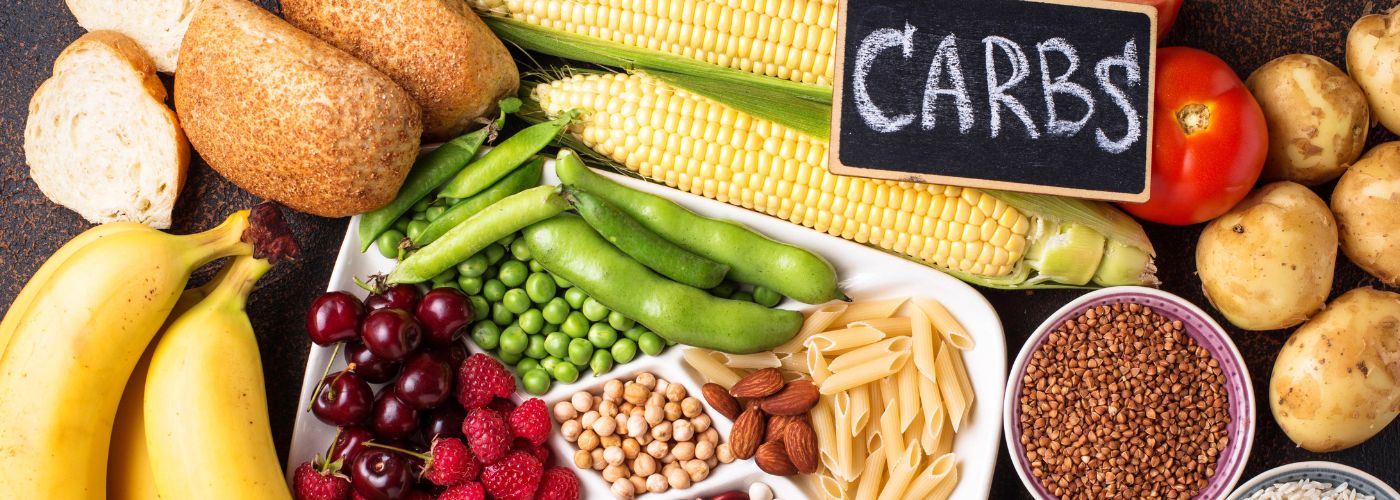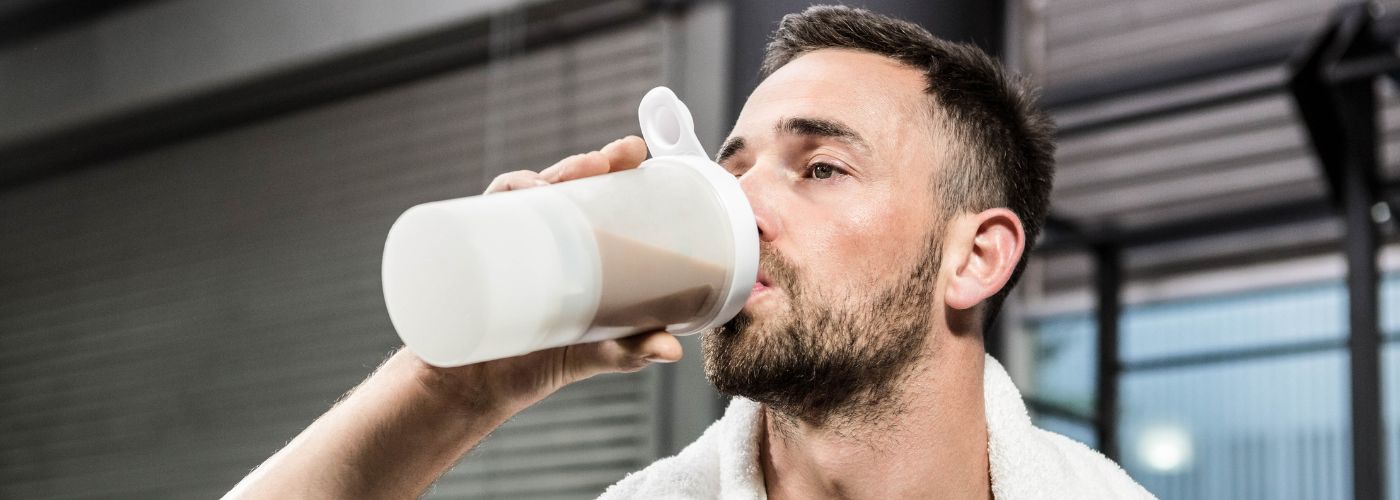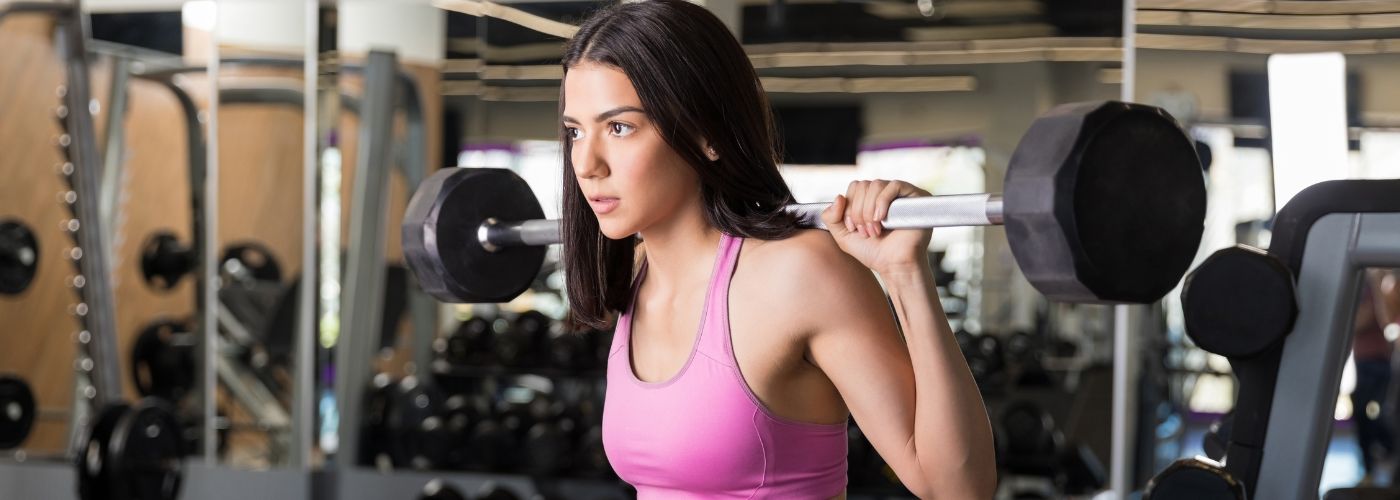In a world where weight loss seems to dominate the conversation, it’s easy to overlook the struggles faced by those trying to gain weight. While many people may envy those who can eat whatever they want without gaining an ounce, there are individuals out there who struggle with a naturally fast metabolism or medical conditions that make it difficult for them to maintain a healthy weight. We’ll be going over some important tips on how to gain weight in a healthy way.
Healthy Foods To Gain Weight

Are you tired of hearing about diets and weight loss? Well, let’s explore some nutritious options that can help you gain weight in a healthy way.
Firstly, incorporating calorie-dense foods into your diet is essential when trying to gain weight. Nuts and nut butters are excellent choices because they are high in healthy fats and proteins.
Additionally, avocados are an excellent source of monounsaturated fats while also providing essential vitamins and minerals. Including these foods in your meals or snacks can easily increase your caloric intake without resorting to unhealthy options.
Secondly, protein-rich foods should not be overlooked when it comes to gaining weight. Some protein-dense foods are meat, fish, eggs, and nuts. A healthy intake of protein is necessary for overall body function as well as muscle growth, so it’s important to include these foods in your diet.
Always mix in your high-protein foods with carbohydrates and fats to balance out your meals. Some good nutrient-dense carbs are whole grains, fruits and vegetables. Fats can be found in a variety of foods such as nuts, avocados, olive oil and fatty fish.
Lastly, fiber is an important nutrient for weight gain as it helps keep you full longer. Overall, any food that offers a lot of nutrients, vitamins, and minerals are the way to go.
What Are Good Supplements For Weight Gain?

What do you do when your diet just isn’t enough to help with weight gain? Consider using supplements!
Protein powders are a popular choice among individuals aiming to increase their calorie intake. They provide a convenient and efficient way of consuming high-quality protein, which is essential for muscle growth. Additionally, they come in various flavors and can easily be mixed with milk or water.
There are two types of protein powders that can help with your weight goals. Whey protein and casein protein are both high in protein content, but they differ in how quickly they digest.
Whey is a fast-digesting form of protein that is ideal for pre-or post-workout, while casein is a slow-digestive protein. Whey protein tends to have fewer calories than casein protein, so it is optimal for those on a calorie-restricted diet. Casein protein is great for those needing high-calorie protein to help gain mass, weight, and size.
Another supplement worth considering is creatine monohydrate. Known for its ability to enhance strength and power, creatine can benefit those seeking increased muscle mass by allowing them to lift heavier weights during workouts. It also aids in faster muscle recovery between sets, enabling more intense training sessions.
Creatine is a naturally occurring compound that plays a vital role in energy production for our muscles. It is found in small amounts in foods like meat and fish, but it can also be consumed as a dietary supplement. It primarily helps to increase the body’s ability to produce energy rapidly during intense physical activity.
When you engage in high-intensity exercises such as weightlifting or sprinting, your muscles rely heavily on adenosine triphosphate (ATP) for fuel. ATP provides the necessary energy for muscle contractions, but its supply is limited and gets depleted quickly.
This is where creatine comes into play. It works by replenishing ATP stores more efficiently, allowing you to perform better during short bursts of intense exercise.
How Many Calories Should I Eat Daily?
Knowing how many calories to consume daily is essential for maintaining a healthy weight and overall well-being. The number of calories needed depends on various factors, including age, gender, activity level, and metabolism.
On average, adult women require around 1,800-2,400 calories per day to maintain their weight, while men generally need 2,200-3,000 calories daily. However, individual needs may vary significantly based on factors such as muscle mass and physical activity.
To determine your specific calorie requirements accurately, it is crucial to consider your basal metabolic rate (BMR). BMR refers to the number of calories your body needs to perform basic functions like breathing and circulation at rest.
There are online calculators available that can help estimate your BMR based on information such as height and weight. Once you find out your BMR, increase your calories by 500-800 to accommodate a calorie surplus.
Give this new intake of calories a few weeks to see how your body reacts to it. One or two pounds a week is considered a healthy amount to gain or lose. Anymore or lose is considered unhealthy.
Overall, more calories allows for faster recovery and helps your body to perform better during workouts, which can help with your mood, self-esteem and future asipirations.
How Can I Track My Calories
One popular method for tracking calories is keeping a food diary. This involves writing down everything you eat and drink throughout the day, along with their corresponding calorie counts. Not only does this allow you to have an accurate record of your consumption, but it also enables self-reflection on your eating habits.
Additionally, numerous apps and websites are available that provide extensive databases of food items and their nutritional information. By inputting what you consume into these platforms, they automatically calculate the number of calories consumed in real-time.
Popular apps like MyFitnessPal or Calorie Counter are a first choice for many looking to track their meals and calories. These apps offer convenience whenever you’re in the middle of a restricted diet or calorie surplus diet.

Related Stories
Pickleball vs. Tennis: The Science of Recovery
For years, tennis was the stand-in for movement: endurance, coordination, and power all at once....
Oct
5 Ways to Support Bone Strength with HiDow
World Osteoporosis Day (October 20) October 20 is World Osteoporosis Day, and chances are, you’ve...
Oct
FDA-Cleared Is a Flex. Here’s Why.
Pulling Back the Curtain You’ve seen it on boxes, on websites, in ads: FDA-cleared. It...
Sep
This Is Fibro. This Is Larry.
September is Pain Awareness Month. And we’re not here to give you medical definitions or...
Sep
Train Your Relaxation Reflex
How often do you find yourself struggling to switch off after a long day? With...
Aug
Back To School Fitness: Balancing Academics & Athletics
Most student athletes don’t have a motivation problem. They show up. They train hard. They...
Aug